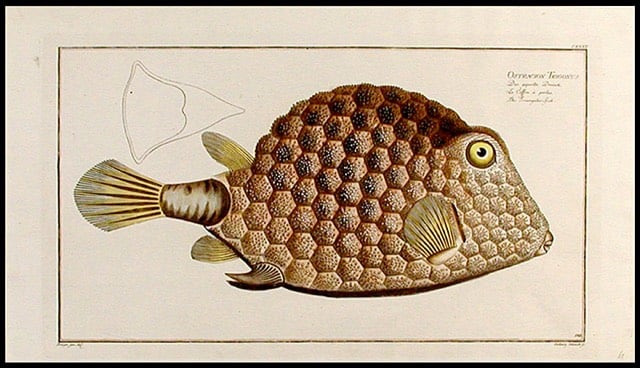We have passed Peak Fish

I noted the other day that since the early 1980s, the world has lost about half of its coral reefs. According to a recent study, there’s more to worry about in the sea: the ocean contains half the fish it did 45 years ago.
Professor McIntyre and his contemporaries believed that overfishing was inherently self-correcting. People might catch too much, but then they would stop fishing, letting the stock recover. They did not reckon on improvements in technology such as a monofilament line, factory trawlers, or fish finders that make it possible to catch so many fish so quickly that it can take decades for a stock to recover (if it ever does). Nor did he or his contemporaries understand food webs and ecological connections; reducing stocks of some species has more of an impact than others.
Update: Here’s a PDF copy of the actual report by the WWF. (via @RachelAronson)





Stay Connected